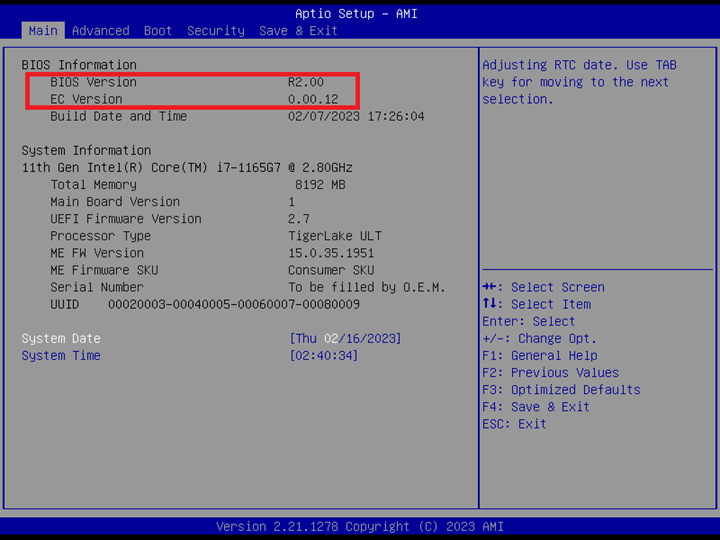Durabook Conflict Mineral Policy
As a good corporate citizen, Twinhead/Durabook is committed to social responsibility and respect for human rights, and continues to pay attention to conflict minerals issues. It is committed to investigating the supply chain in detail to ensure tin (Sn), tantalum (Ta), tungsten (W), Metal materials such as gold (Au), cobalt (Co), and palladium (Pd) are not mined from mining areas controlled by armed groups in the Democratic Republic of the Congo and its neighboring countries.
Therefore, Twinhead/Durabook has formulated the following policies and promises:
- Do not purchase conflict metals from conflict zones.
- Require suppliers to refuse to use conflict metals from conflict zones and issue a letter of commitment.
- Require suppliers to communicate this request to their upstream suppliers
Twinhead/Durabook Conflict Minerals due diligence investigation measures:
Durabook conducts a reasonable degree of mineral source country survey each year to identify and validate the source of 3TG in our packaging and materials services and electronics manufacturing service products to determine if it is from a conflict zone. In 2020, a total of 100% of suppliers’ conflict minerals surveys were completed and met.
Our RCOI contains the following steps:
- Conduct a supplier survey through the Conflict Minerals Survey Form (CMRT) to identify the source of the 3TG smelter.
- The supplier signs a letter of commitment confirming compliance with the Durabook Conflict Minerals Policy and ensuring that it correctly and completely reveals the source of the smelter.
- Durabook follows the “Due Diligence Guidance for Responsible Supply Chains of Minerals from Conflict-Affected and High-Development of Minerals from Conflict or High Risk Areas” (OECD) The Risk Areas) guidelines establish a due diligence framework. Through this due diligence process, identify/evaluate supplier risks, respond to and mitigate identified risks to maintain an effective management mechanism.
- Establish management procedures
- Identify areas of risk in the supply chain
- Establish a program to respond to the identified risks
- Require suppliers to conduct due diligence investigations of smelters and refineries and, if necessary, require smelters to carry out relevant verification
- Publicly available annual smelter list for supply chain due diligence results
The Twinhead/Durabook due diligence investigation is as follows:
- Planning and developing conflict minerals policies and due diligence methods by the Office of Sustainable Development.
- The company establishes procedures for the management of conflict minerals and confirms the relevant rights and responsibilities of internal personnel.
- Provide stakeholders with conflict minerals communication pipeline.
- Provide employee and supplier education and training related to conflict minerals policy and due diligence.
- Suppliers are required to use the Responsible Minerals Initiative (RMI) Conflict Minerals Report Template (CMRT) to provide smelter or refinery information once a year.
- Confirm and analyze according to the CMRT returned by the supplier, confirming that the mineral is not from the conflict mining area.
- Continuous communication with suppliers to improve response rate and improve the correctness of smelter information.
If Durabook finds that a supplier is unable to cooperate with the above, Durabook will take the necessary actions to correct the situation, including re-examining the supplier.
- Uncover the list of smelters or refineries confirmed by due diligence and publish them on the website of Twinhead/Durabook and Durabook.

